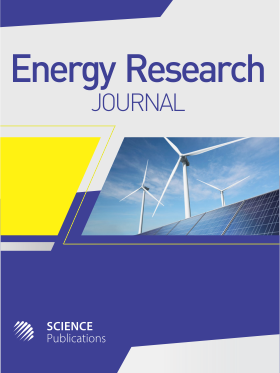Natural Radioactivity at an Uraniferous Site
- 1 1 Institute for Radioprotection and Dosimetry-IRD/CNEN, Brazil
- 2 National Observatory-ON/CNPq, Brazil
- 3 Institute for Radioprotection and Dosimetry-IRD/CNEN, Brazil
Abstract
The aim of this study is to evaluate the soil composition, the radioactive isotopes concentration and the outdoor air Kerma in the region of the Uraniferous Province of Lagoa Real, Bahia State, located at northeast of Brazil. It has used data from an airborne gamma-ray survey previously carried out in the region, namely Projeto Sao Timoteo and computer simulations of the soil and radiation transport by the Monte Carlo method. The simulation, considering environmental characteristics, mainly soil chemical composition and density, provide means to evaluate the air Kerma rate due to radionuclides present in the different types of soils. The evaluation was carried out considering the main contributors to the terrestrial natural radioactivity: 40K and the isotopes of the radioactive series of 238U and 232Th. In radiometric studies used to quantify exposure to natural radioactivity, a normal trend showed that regions with high values of the surface distribution of radionuclides had the highest values of air Kerma. The highest value was found for soil type LVe1 (146.40 nGy.h-1 average, ranging from 23.97 nGy.h-1 to 450.62 nGy.h-1), this type of soil and most of the anomalies located in this region, being rich in silica minerals, is of granitic rocks type.
DOI: https://doi.org/10.3844/erjsp.2012.20.26

- 5,194 Views
- 2,839 Downloads
- 0 Citations
Download
Keywords
- Natural Radioactivity
- Monte Carlo
- Air Kerma
- Airborne Gamma-Ray Survey
